Finding broader and more helpful perspectives to boost wellbeing and performance.
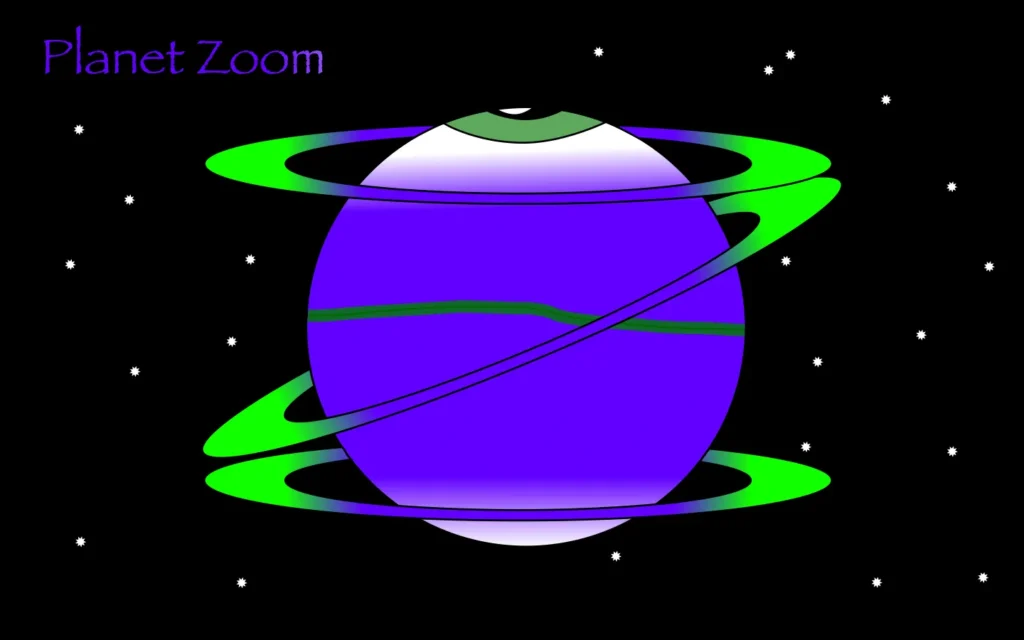
In this increasingly connected, collaborative, dynamic and rapidly changing world, our ability to see the bigger picture, embrace diverse perspectives, manage our emotions and see clearly is ever more valuable.
Zoom-Out is all about finding the most helpful perspective in any given situation and is relevant to all aspects of personal life and work.
To begin our journey, we’ll venture to another world which you may recognise and exploit to optimise your reality.
Planet Zoom
A planet not too far away is home to two particular types of an inhabitant.
The Zoom-Ins and the Zoom-Outs.
Let’s meet them now…
Zoom-Ins
Zoom-Ins are good at focusing in on a single detail or aspect.
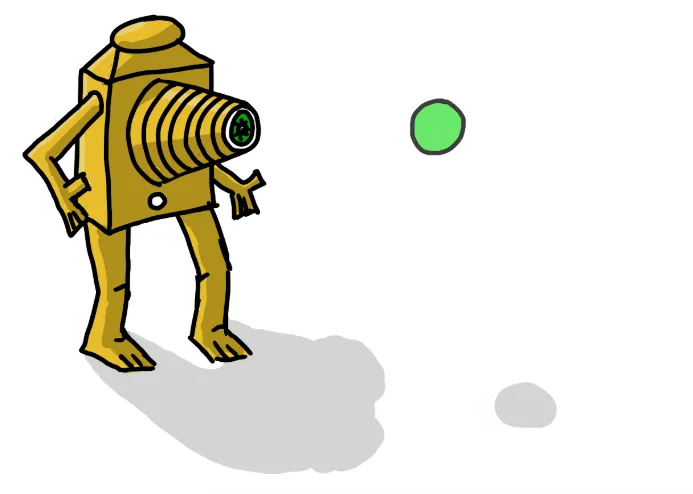
And given the choice of a positive or negative aspect or thing…
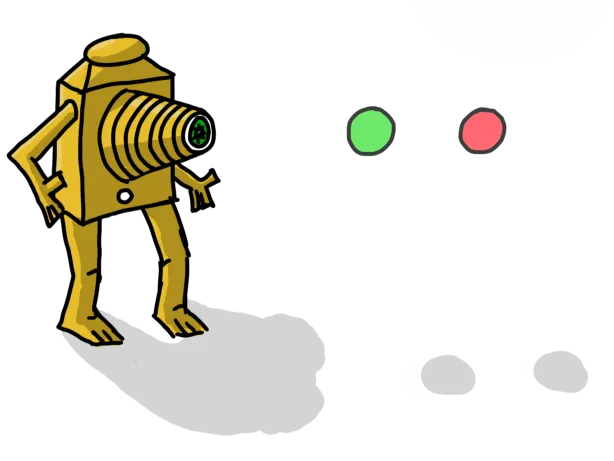
…a Zoom-In will tend to focus more on the negative due to inbuilt negativity bias.
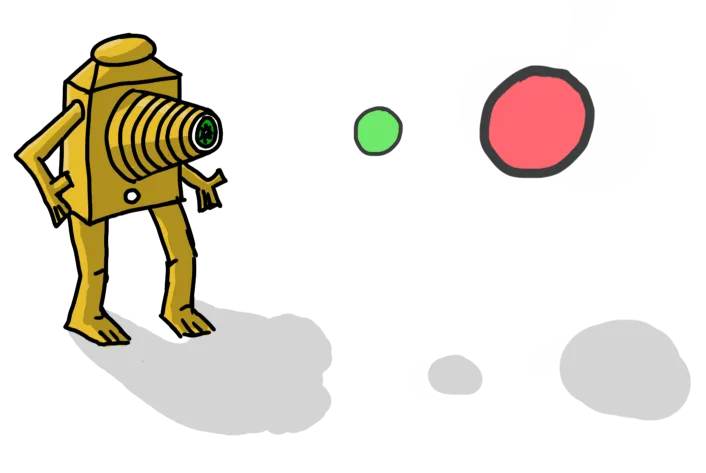
At times, Zoom-Ins can become fixated on a narrow and unhelpful perspective.
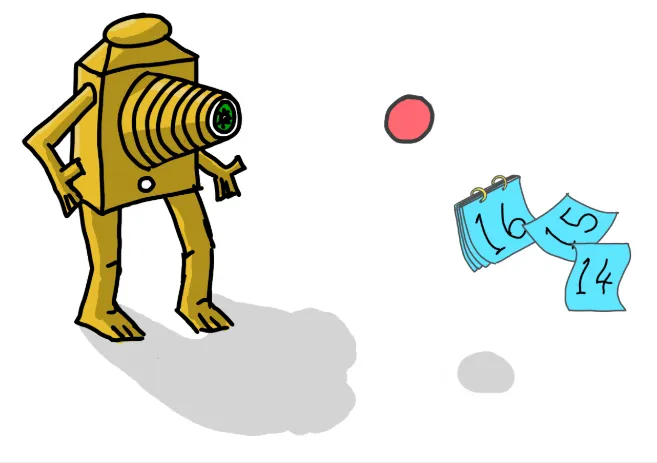
…sometimes for days, months or years!
A small thing can become blown out of proportion.
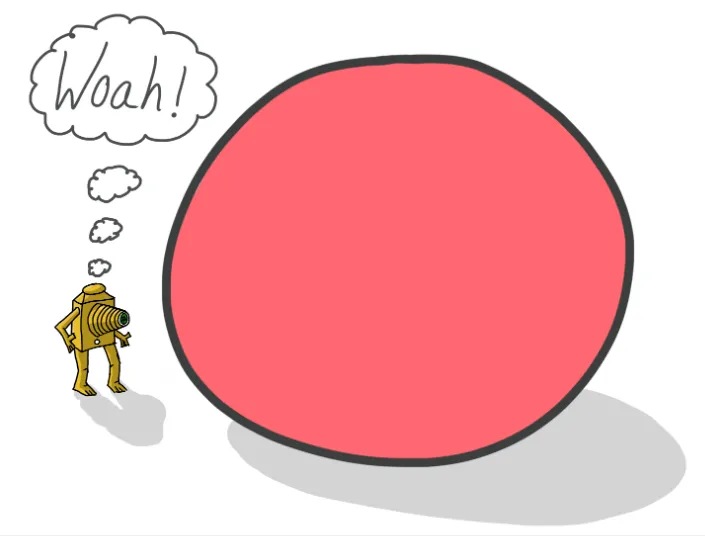
“Nothing in life is as important as you think it is, while you are thinking about it”— The Focusing Illusion, Daniel Kahneman
Zoom-Outs
Zoom-Outs are good at seeing the bigger picture — taking a broader perspective.
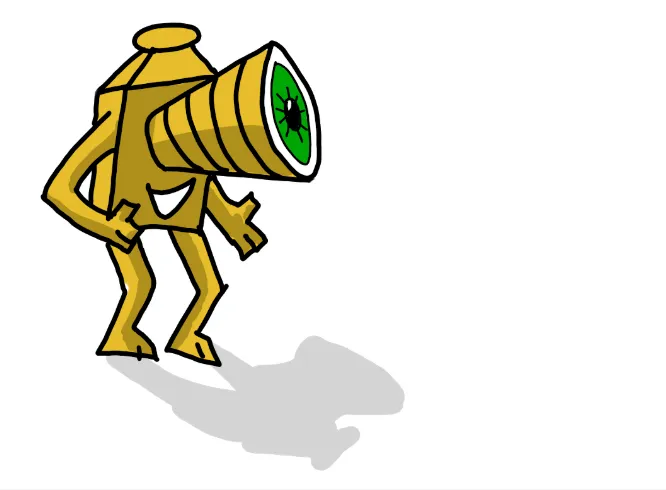
“Child, you have to learn to see things in the right proportions.
Learn to see great things great and small things small.” — Corrie Ten Boom
Both Zoom-Ins and Zoom-Outs have their pros and cons:
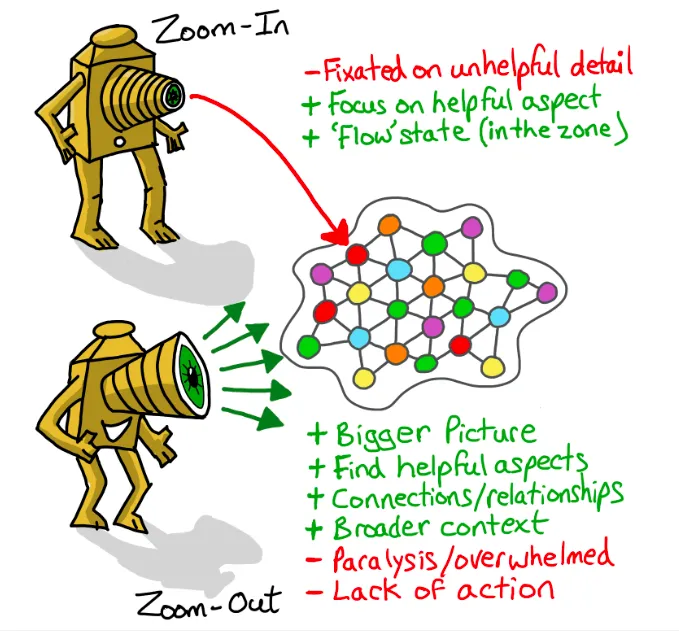
The Human Perspective
As humans, we have both the abilities of the Zoom-Ins and the Zoom-Outs.
However, our Zoom-In ‘muscle’ is quite strong and we too, like the Zoom-Ins, have a negativity bias that means that at times we can adopt a narrow and unhelpful perspective to the detriment of ourselves and others…. in some cases for days, months or years.
And furthermore, our brain can have difficulty distinguishing between ‘real’ and imagined experience. Our psychological and physiological response to an imagined threat, for example, can be as powerful as if that threat was real.
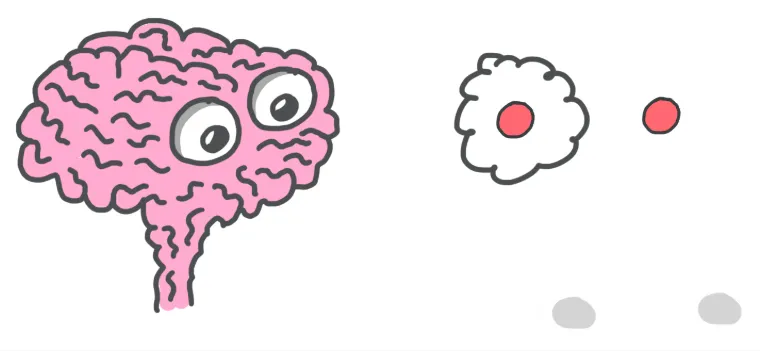
“I have suffered a great many misfortunes in my life, most of which never happened” — Mark Twain
In addition to responding to something imagined as ‘real’, we may derive something ‘imagined’ from what is real.
We sometimes incorrectly associate physiological responses to the wrong cause, the wrong reality in some sense.
A special case of this being misattribution of arousal where for example a person interprets a fear response as romantic arousal.
As with the inhabitants of planet Zoom, both zoom-in and zoom-out have their pros and cons.
When Zooming-In is helpful:
- Focusing on a helpful aspect or detail of yourself, a person or the world
- Getting into a flow state — getting “in the zone”; focusing on one thing can is a key ingredient to entering a flow state
- Focusing on what is truly valuable
When Zooming-In is unhelpful:
- Fixated on an unhelpful aspect or detail of yourself, a person or the world
When Zooming-Out is helpful:
- Taking a broader perspective to reveal the bigger picture
- Reveals helpful aspects; one of which may be helpful to zoom-in to
- Reveals the connections and relationships between the parts
- Considering the broader context — “context is everything”
When Zooming-Out is unhelpful:
- Seeing the bigger picture can lead to analysis paralysis and a lack of action
- Seeing the sum total of a situation can make you feel overwhelmed; especially if you are struggling to see the positives
So clearly, we need to cultivate both our Zoom-In and Zoom-Out abilities, however, it is often our ability to zoom-out which is the least developed and is the key to finding the most helpful thing to Zoom-In on.
By strengthening our ability to Zoom-Out and find the most helpful perspective, we can live a more effective, agile, resilient and fulfilling life.
We can learn to recognise when we are Zoomed-In on something unhelpful.
Then we can become better at Zooming-Out to take a broader perspective and find a more helpful perspective.
We can Zoom-In on something more helpful as appropriate.
We can also strengthen our Zoom-Out abilities which can provide us with broader perspectives and more options for Zooming-In when helpful.
Our ability to both Zoom-Out and Zoom-In are very powerful. Part of the skill of being human is to know when to do which. There are pros and cons to both which we can be mindful of.
The Zoom-Out Premise and Motto
To recap, the Zoom-Out concept is based on a simple premise:
At times, we can become fixated on a narrow and unhelpful perspective
We can become Zoomed-In on something unhelpful.
Which brings us to the core signpost or motto of Zoom-Out:
Zoom-Out to find the most helpful perspective
Here’s a potential dictionary definition:
Zoom-Out [zoom-out]
verb
To Zoom-Out is to break free of a narrow or fixed unhelpful perspective and see a more helpful perspective
The words “break free” point to the fact that often we are stuck in or with a particular perspective.
In some cases, you could refer to some perspectives as a “mental prison”.
Strong words but our perspectives can hold us back as effectively as an iron cage.
Our perspectives are much more subtle however as we cannot necessarily see the bars or see that we have any choice at all in entertaining another perspective.
The existing perspective just is.
Which brings us to highlight another phrase in this definition: “see a more helpful perspective”.
The key motivation and purpose of Zoom-Out is to help us have more options and exercise more choice than we might otherwise have had regarding how we see things.
Note that I fall short of using the phrase “adopting a more helpful perspective” — the adopting part is down to you — the aim here is to provide you with more options.
Note that there is still benefit in Zooming-Out to see more perspectives even if you ultimately decide to stick with your original perspective. It may have strengthened your resolve for example. Or maybe it will help in a similar situation in the future.
There’s also a case of the more you Zoom-Out the easier it gets.
I often state a deeper definition which builds on the one above as follows:
To Zoom-Out is to see beyond your current reality to many potentially more helpful perspectives.
This is because our perspectives literally shape our reality. For this reason, the Zoom-Out strapline is:
“Optimise your reality”
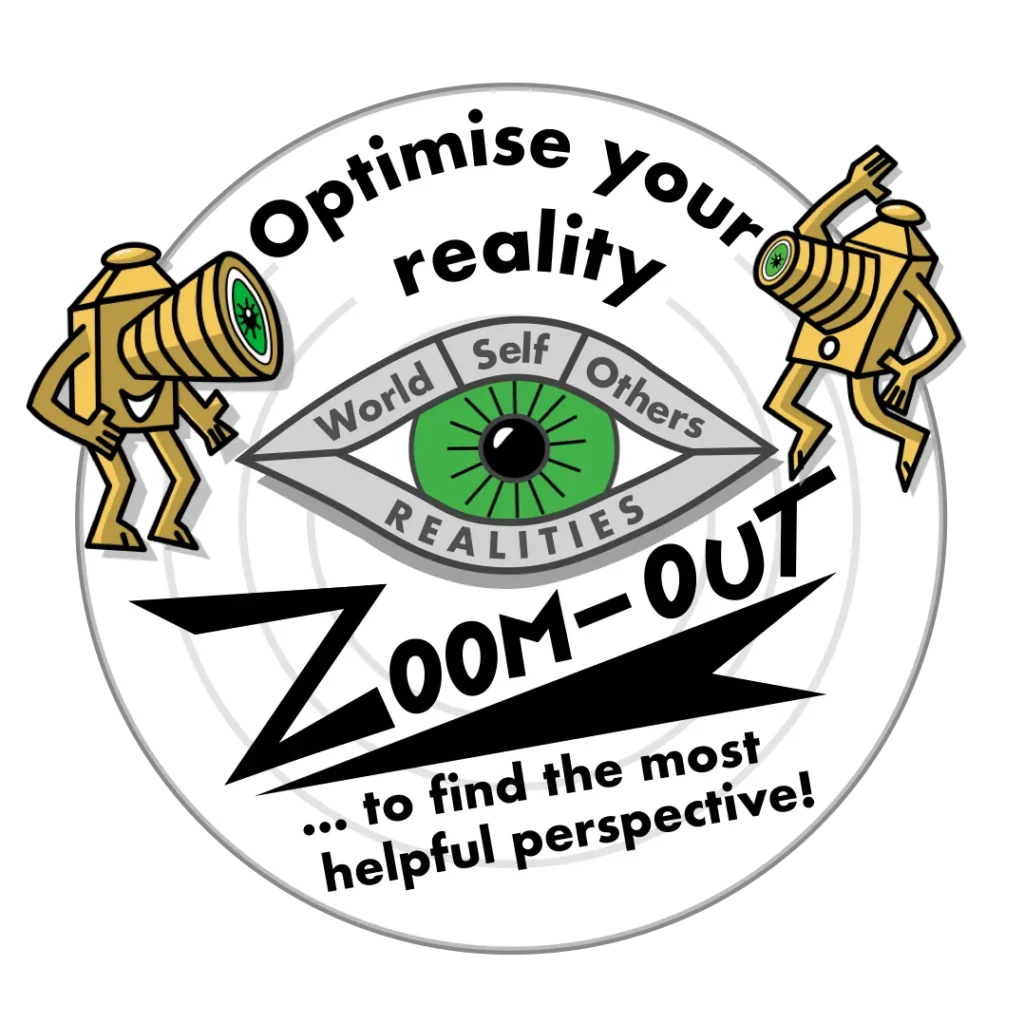
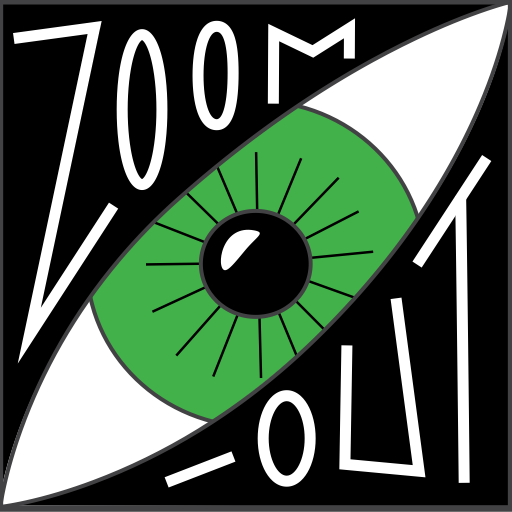
Leave a Reply